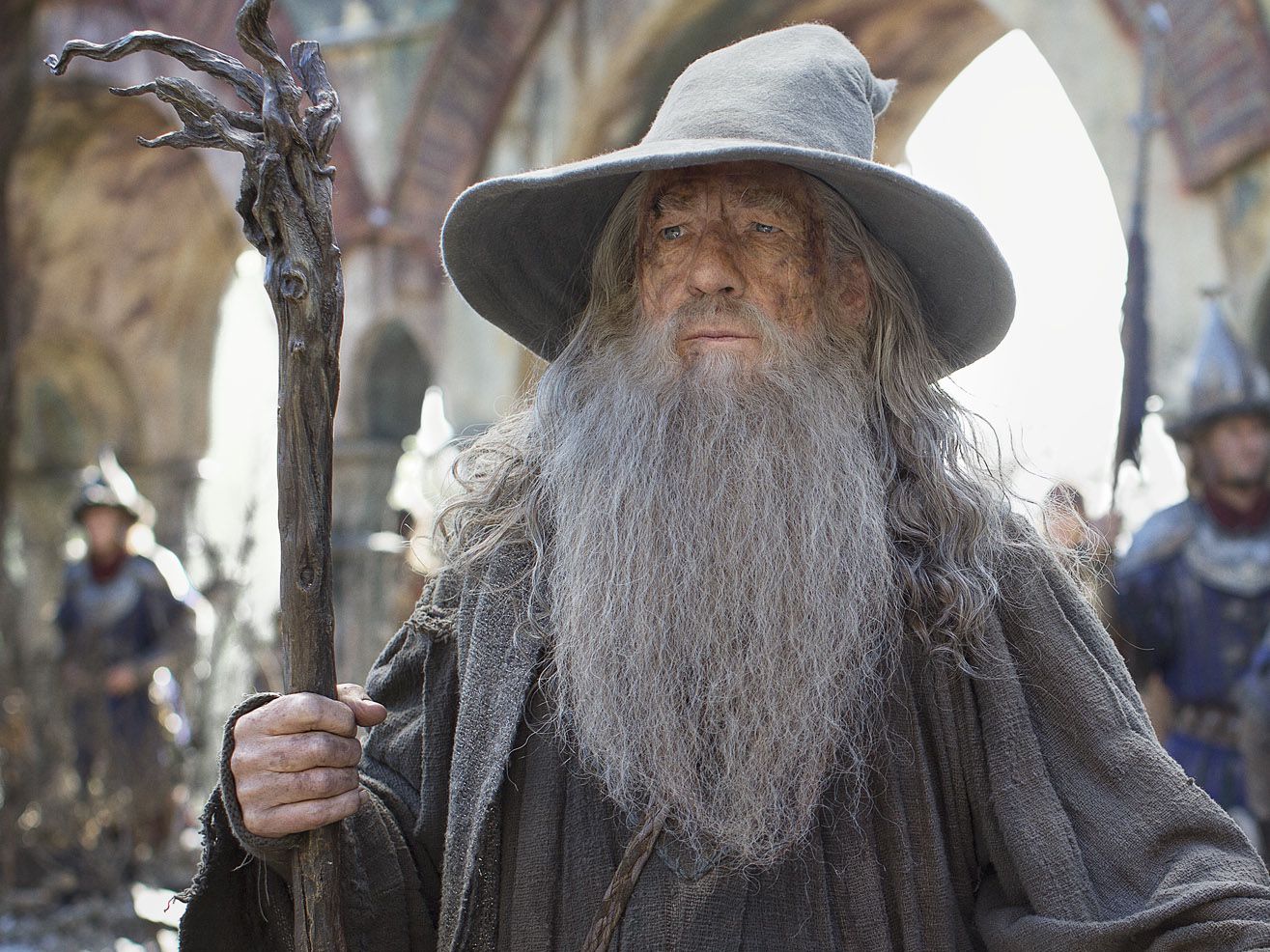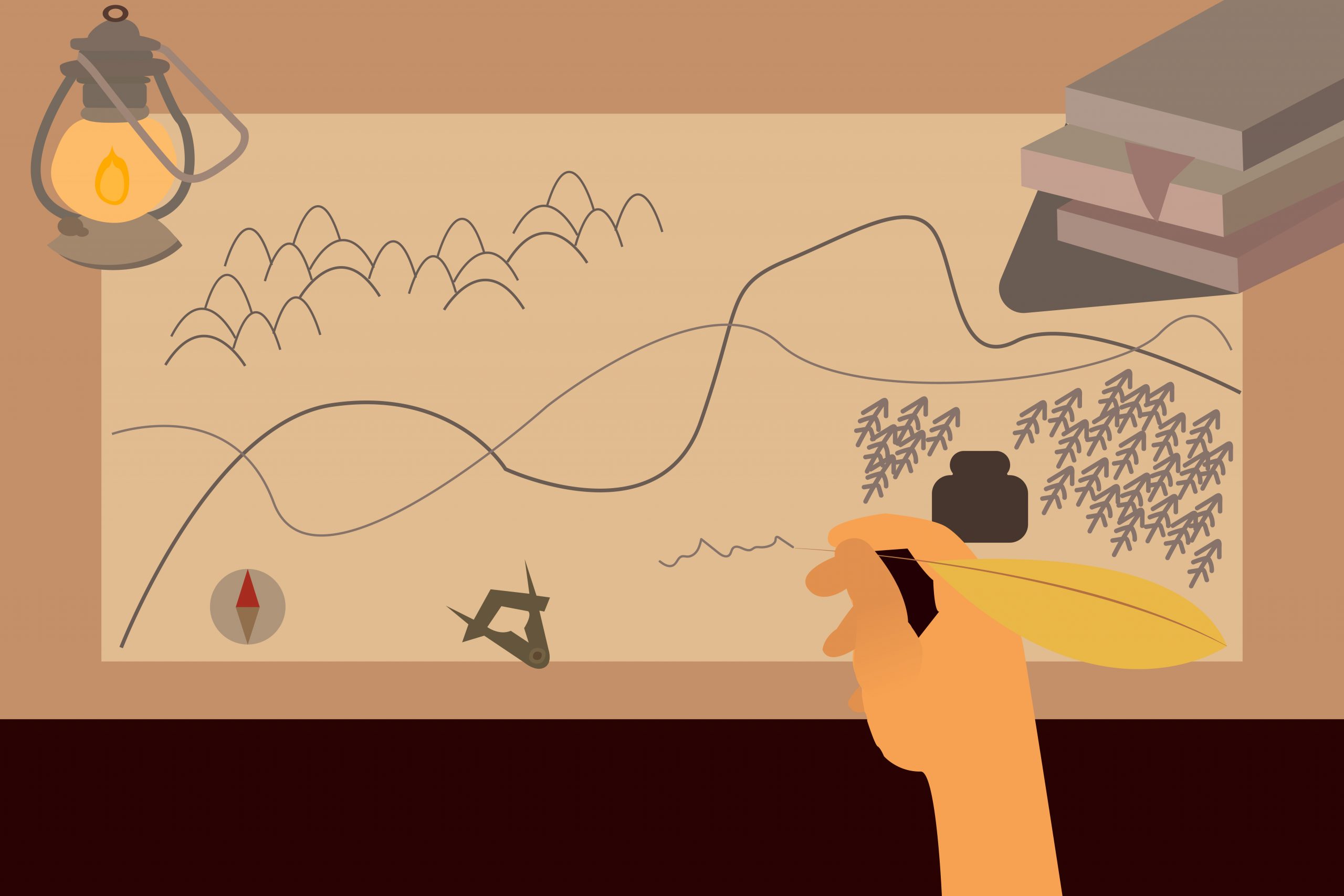When Amazon announced its plans to produce a TV adaptation of “Lord of the Rings,” my first reaction was dismay. I don’t think I’m alone in hoping that the series — which will also be a prequel series — won’t be a reprise of the recent “Hobbit” film trilogy, which failed to live up to expectations by inflating a simple children’s story with extraneous material and an unnecessary romantic subplot.
A big budget deal between Amazon, HarperCollins and New Line Cinema sounded like exactly that — until I also read that the Tolkien estate will be taking a more proactive role in making sure everything stays true to the original works. Maybe this prequel won’t be as poorly advised as the last.
Even if the show turns out totally faithful to Tolkien’s writings, though, it’s going to have to need a few things if it wants to succeed in the eyes of new and faithful fans alike.
1. Diverse and Culturally Rich Locations
To recap what Amazon has already revealed about the series, at least the first of five seasons will be set before the events of the “Lord of the Rings” trilogy and focus on Aragorn, the prophesied King, before he was known as such. The trilogy dealing with the War of the Ring mainly focuses on places in the West, but Aragorn’s travels as a younger man drew him to far-flung places like Harad and Rhûn, in the South and the East.
Fascinatingly, the published works of Tolkien don’t contain a lot of information about these places, with the occasional references kept cryptic: Tolkien studied ancient history, and his own writings often emulated the way that real history would get muddled with folklore as time passed. He was also a perfectionist, which meant that an unknown portion of his writings about the lands of Middle-Earth remain unpublished.
Now, here’s where it gets exciting: Amazon is fully cooperating with the Tolkien estate in their production process. Depending on the amount of notes Tolkien left on these places, the producers of the Amazon series will either have a terrific blank slate to work with, or the framework of a new yet totally authentic Tolkien narrative.
In any case, if the show doesn’t attempt to take the story to these unexplored places, it’ll be a huge missed opportunity.
2. Recasting Iconic Characters
The Peter Jackson “Lord of the Rings” movies first introduced many fans to the world of J.R.R. Tolkien. By shifting the story from the War of the Ring to beforehand, Amazon dodged the bullet of recasting Frodo, Samwise, Boromir, Legolas and Gimli — it would be pretty tough to top the popularity of the most recent versions of those characters.
However, Amazon still has big shoes to fill. Aragorn, Gandalf and Elrond will most likely be key players in whatever adaptation Amazon turns out, and all had amazing actors playing them the first time around. As production hasn’t begun yet, now is the perfect time to be speculating about who will land the big roles.
So far, the best information available suggests Sir Ian McKellen is ready and willing to resume his role as Gandalf. The 78-year old actor pointed out that, because the Grey Wizard is canonically over 7,000 years old in “Fellowship,” he’s actually a bit young for the role. As of yet, though, Amazon has not yet contacted McKellen about the part.

The crucial role to fill, however, is definitely Aragorn. Will Amazon go the safe route and ask Viggo Mortenson to reprise his role as the heir of Isildur, or will they reach out for fresh talent? That would be a big gamble, because Mortensen’s acting in the original movies was truly superb.
My guess, based on the fact that Amazon hasn’t actually asked McKellen yet, is that they’ll try to go for all new faces this time around. But that’s still speculation at this point.
3. Good Practical Effects
One of the most charming things about Peter Jackson’s film adaptations of “The Lord of the Rings” was its ingenious use of special effects. For one example, the roughly-six-foot McKellen spent many of the early scenes in “The Fellowship of the Ring” interacting with characters who were supposed to be under four feet tall. Instead of investing in green screens, Peter Jackson’s effects team used forced perspective, cannily composing scenes so that McKellen was close enough to the camera that he appears to tower over his puny cast-mates.
In a less sneaky example, the armies of orcs and men amassed in scenes from “The Two Towers” were real armies of extras, each actor with their own costume and makeup. The real presence of such a massive number of people gave the battle scenes a verisimilitude that couldn’t be matched by computer graphics.
These days, the added computer graphics look unrealistic compared to today’s technology, but everything about practical effects remain as timeless and convincing as ever. They add to the movie’s lasting appeal.
Is Amazon willing to foot the bill for the expense associated with practical effects? Judging by the record one billion dollars allegedly allocated towards production costs, there’s a very real chance they are.
4. Moral Themes
From a financial standpoint, Amazon almost certainly sees its “Lord of the Rings” show as a worthy successor to HBO’s “Game of Thrones,” set to finish airing sometime in 2019. But if Amazon wants to make sure their series doesn’t come off as nothing more than an attempt to play the epic-fantasy-series game of thrones, they’ll need to pay attention to the morals in “Lord of the Rings.”
A veteran of the First World War, Tolkien served during the Battle of the Somme, one of the war’s deadliest, and many of his closest friends died fighting. Like most veterans of the Great War, Tolkien came back permanently scarred by his service, and parts of his experiences made their way into his works — the desolate land of Mordor, with its smoldering craters, oppressive smog and lack of vegetation, seems unsettlingly similar to a WWI No Man’s Land.
But at the very heart of “Lord of the Rings” is optimism. It condemns war as tragic and horrible, but it also shows how life can go on afterward. Maintaining the faithful and earnest humanitarian spirit of the books will be critical if Amazon wants to make sure its adaptation feels authentic.

















